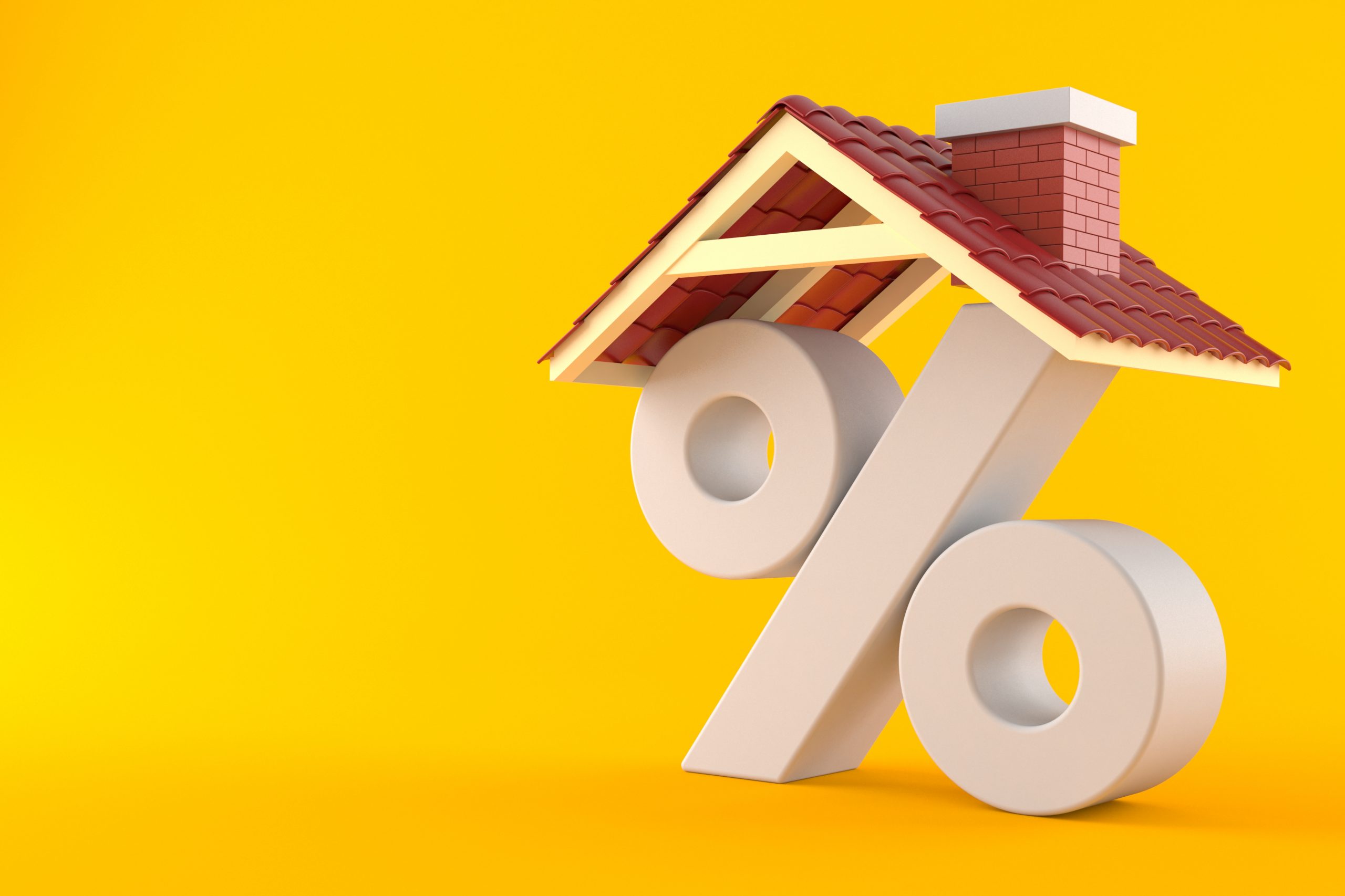First-time Buyer
Average two-year mortgage rates hit 4.1% while 10-year deals cost 4.2%

Inflation fears and the prospect of recession have sent 2-year mortgage rates shooting up, with the average fix now 4.1% – just 0.1% less than the average 10-year deal.
Moneyfacts data showed the average 2-year fixed rate was up from 2.52% this time last year, reflecting volatile markets and widespread concern for the economy in the immediate future.
The average five-year fixed rate has also continued to climb but far less steeply, going from 4.08% since the start of August to 4.24% currently. This is also up from 2.75% in August last year.
The difference between two and five-year fixed rate has halved from 0.3% to 0.15%.
Eleanor Williams, finance spokesperson at Moneyfacts, said the narrowing cost benefit of two-year compared to five-year fixed rates may incentivise consumers to consider the “added security” of fixing payments for a longer term should rates continue to rise.
The average 10-year fixed rate has stayed roughly stable from 4.19% at the start of the month to 4.2%, up from 3% in August last year.
Williams said: “In the volatile swap-rate arena, shorter-term rates of up to two years have recently been more expensive than their longer-term five and 10-year equivalents, indicating risks are seen as greater in the near future than in the longer-term, and therefore feeding into lower pricing for consumers on corresponding mortgage products.”
Moneyfacts analysis also revealed that lenders were cutting the number of different options available to borrowers.
Williams said: “We have seen lenders withdraw parts of, or entire product ranges, with a number citing the pause in lending being due to unprecedented demand. Providers need to manage their service levels following an influx of applications, as borrowers have rushed to secure deals before rates have a chance to climb even further.”
Consumers wanting to mitigate the cost-of-living crisis with a new fixed rate deal should seek advice, said Williams, as it was a “very changeable landscape”.
But she cautioned: “Locking in to a decade-long fixed deal could be a double-edged sword; mortgage rates are currently on an upwards trajectory and there is anticipation that further base rate rises could impact the sector, so securing a long-term, stable fixed rate deal may well be foremost in many consumers’ minds.
“However, there may equally be others who believe rates could fall over that time, and as many deals in this sector carry hefty early repayment penalties, some may be concerned they may be tied in to a higher rate and repayments, should cheaper deals resurface down the line.”